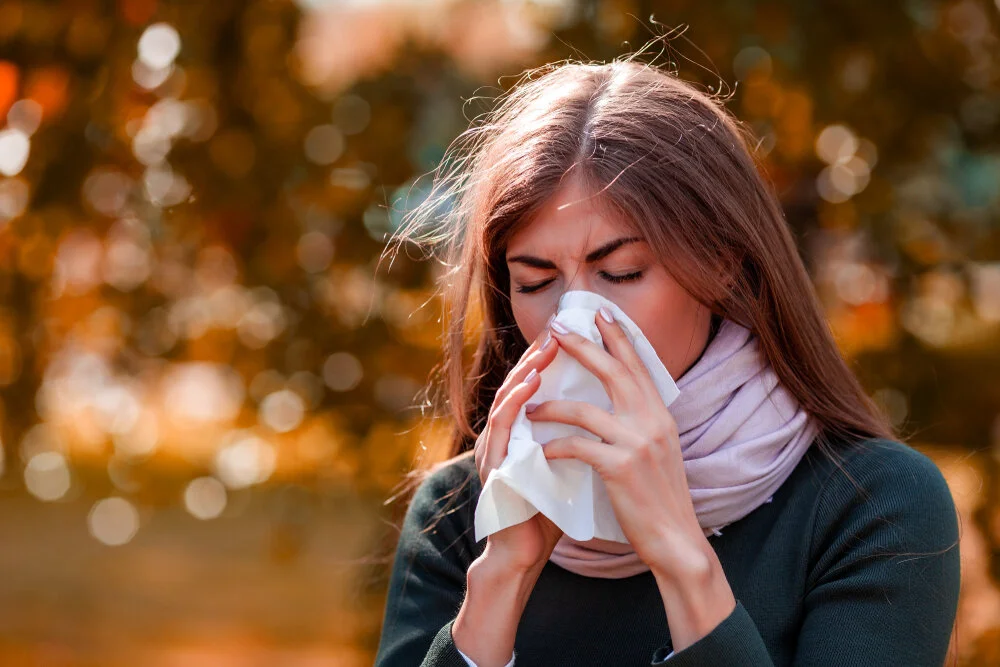Differences of Allergy and Cold You Should Know
Most people seem to be suffering from seasonal allergies. It means that you should have a regimen to treat the symptoms that can take over your life at times. The allergies you face can cause a number of symptoms in your daily life. An allergy is a reaction somebody gets by touch, breathe or food. The reactions may range from small to significant and sometimes even weakening. It's a great idea to know on what you're allergic. You also want to make sure that you are more likely to bring cold and flu in winter. The winter season is the time for people to be unsure if they have allergies or a cold. Depending on the signs, there are ways to tell you what you might suffer from. ENT specialists or allergy doctors in OKC discuss the cold and allergy variations.
A cold is a virus-related infection. Allergies are the reaction of your immune system to a substance such as pollen or pet dander. Because both conditions cause similar symptoms, such as sniffles and stuffy nose, they are mixed up by many people. Knowing which one can help you get the right treatment will help you feel better more quickly.
Stuffy Nose
The appearance of a stuffy nose is one of the signs that tops the list of problems whether you have a cold or allergy. It can also lead to a runny nose when you have a stuffy nose. The runny nose symptoms for cold and allergy could be the same, but they are completely different. The runny and stuffy nose will have clear and watery mucus if you suffer from allergies. This same symptom would be present through the infection when you have a cough, but the mucus looks very different. The mucus is usually thick and white when you have a cold.
Body Temperature
When you have allergies regardless of the time of the year, you know that all the symptoms you are suffering from will not include a change in body temperature. You will notice that you have a change in body temperature many times when you're sick with a cold. A cold can make you feel uncomfortable and need a fever reducer to care for it. You likely won't suffer from your usual allergy symptoms unless you experience a fever.
Wheezing While Breathing in
You shouldn't have trouble with lung function when you're sick with a cold as long as it's a regular cold. The cold is not going to get into the lungs and cause wheezing. When the lungs are restricted, the wheezing usually occurs and is often due to inflammation. When you have allergies, wheezing is something that happens and should be handled by a doctor. You should consult a doctor about handling the symptoms if your allergies also bring wheezing.
It is an allergy if
The mucus is either clear or watery. Instead of being thick and discolored, it will remain clear.
You have watery or itchy eyes.
The symptoms remain the same for a long period.
You sniffle for a long period or over a month. A cold clears up in 7 to 10 days, but an allergy lasts for weeks or more.
The symptoms only occur in some cases. Do you sneeze in every fall or spring? These are common allergy times. (Colds and flu usually appear in late autumn and winter.) Contact allergy doctors in OKC at OKOA if you cannot understand whether it is an allergy or cold.
**Disclaimer: The information on this page is not intended to be a doctor's advice, nor does it create any form of patient-doctor relationship.

